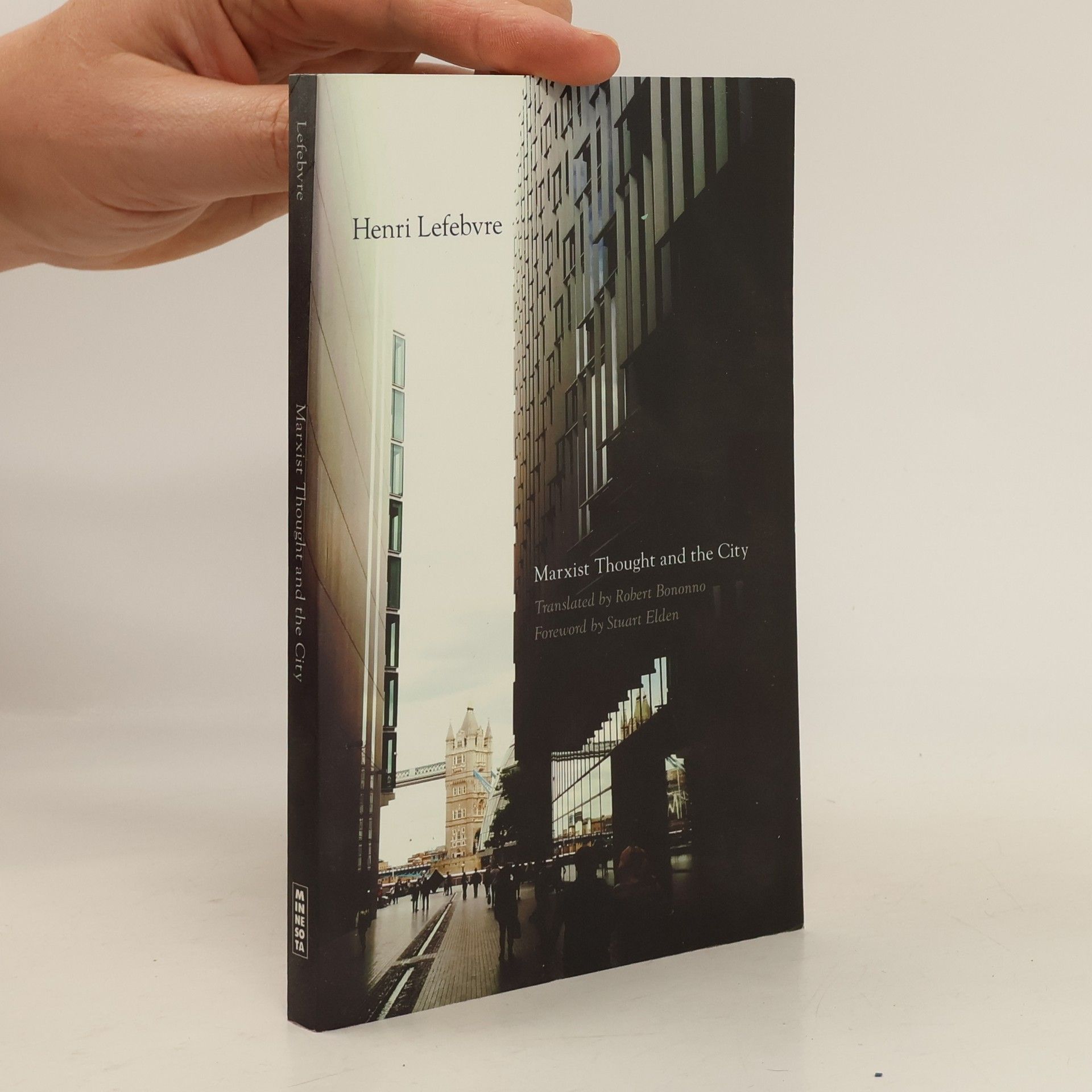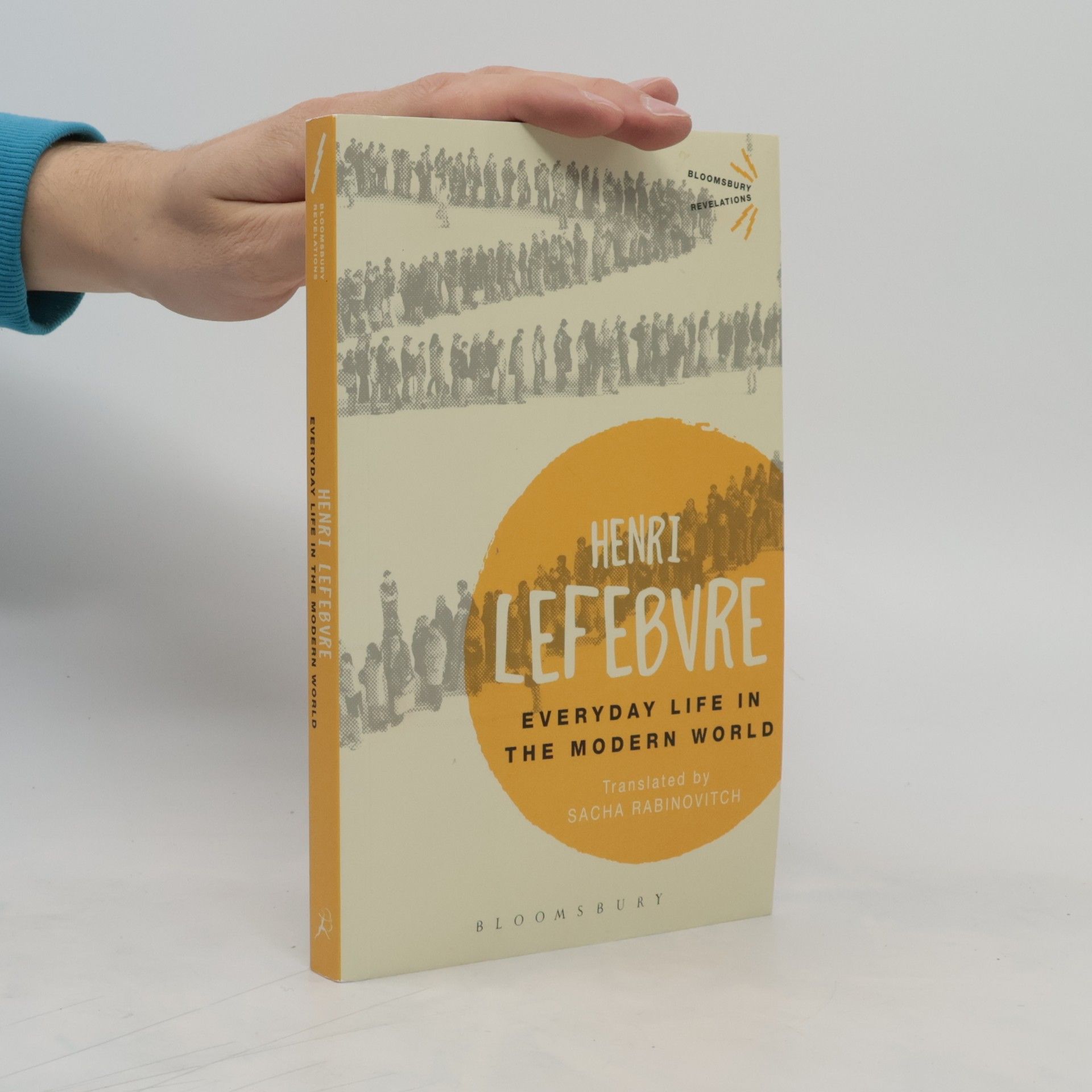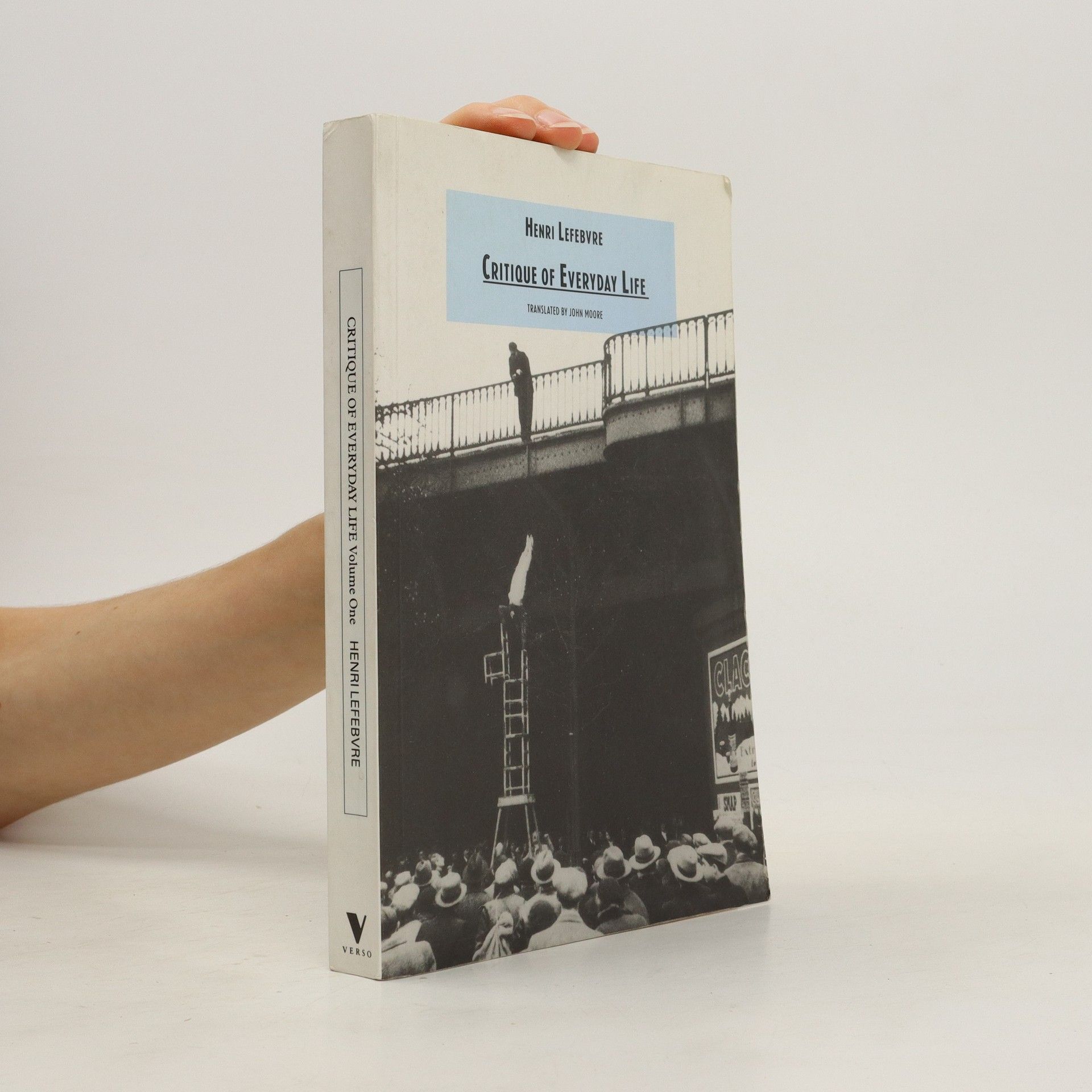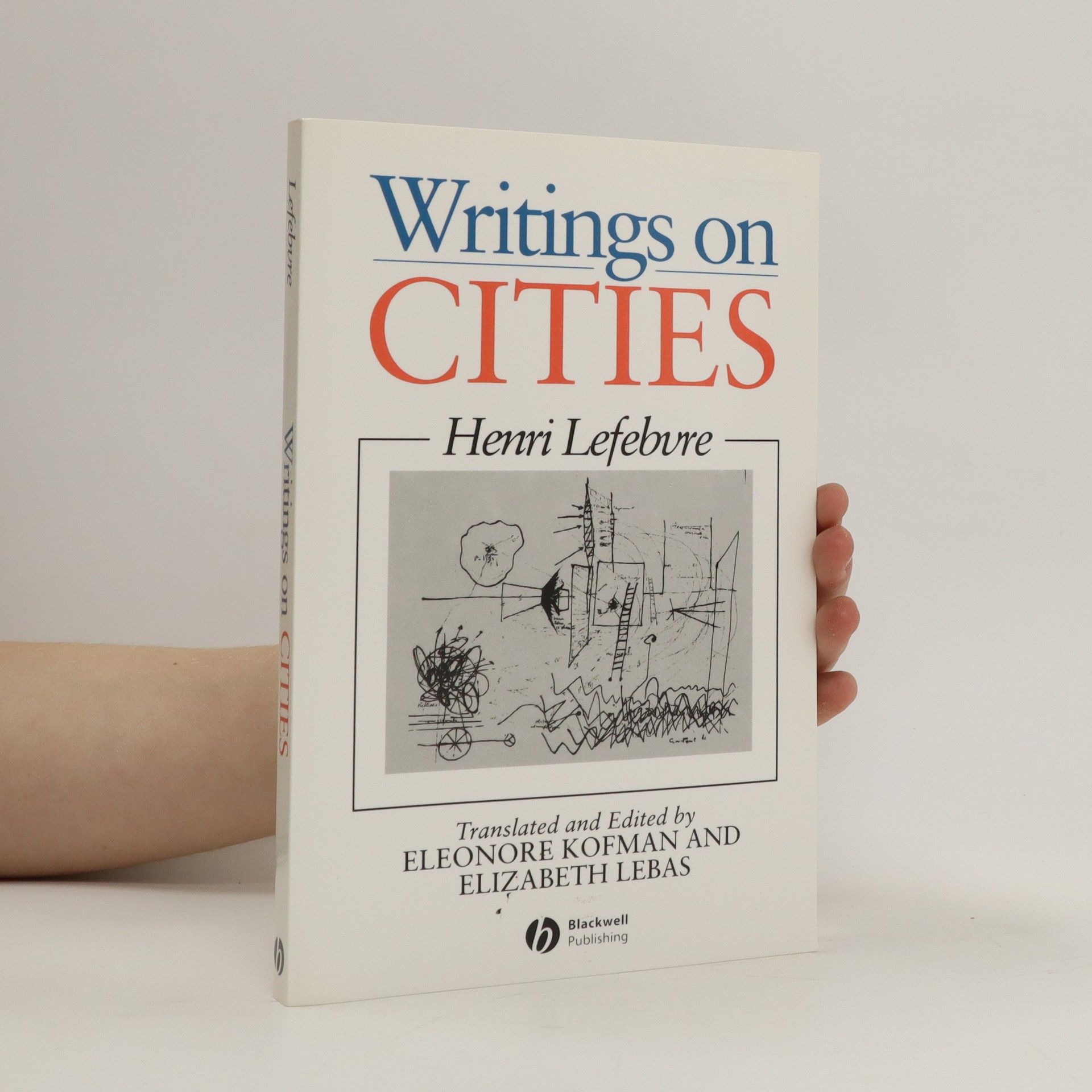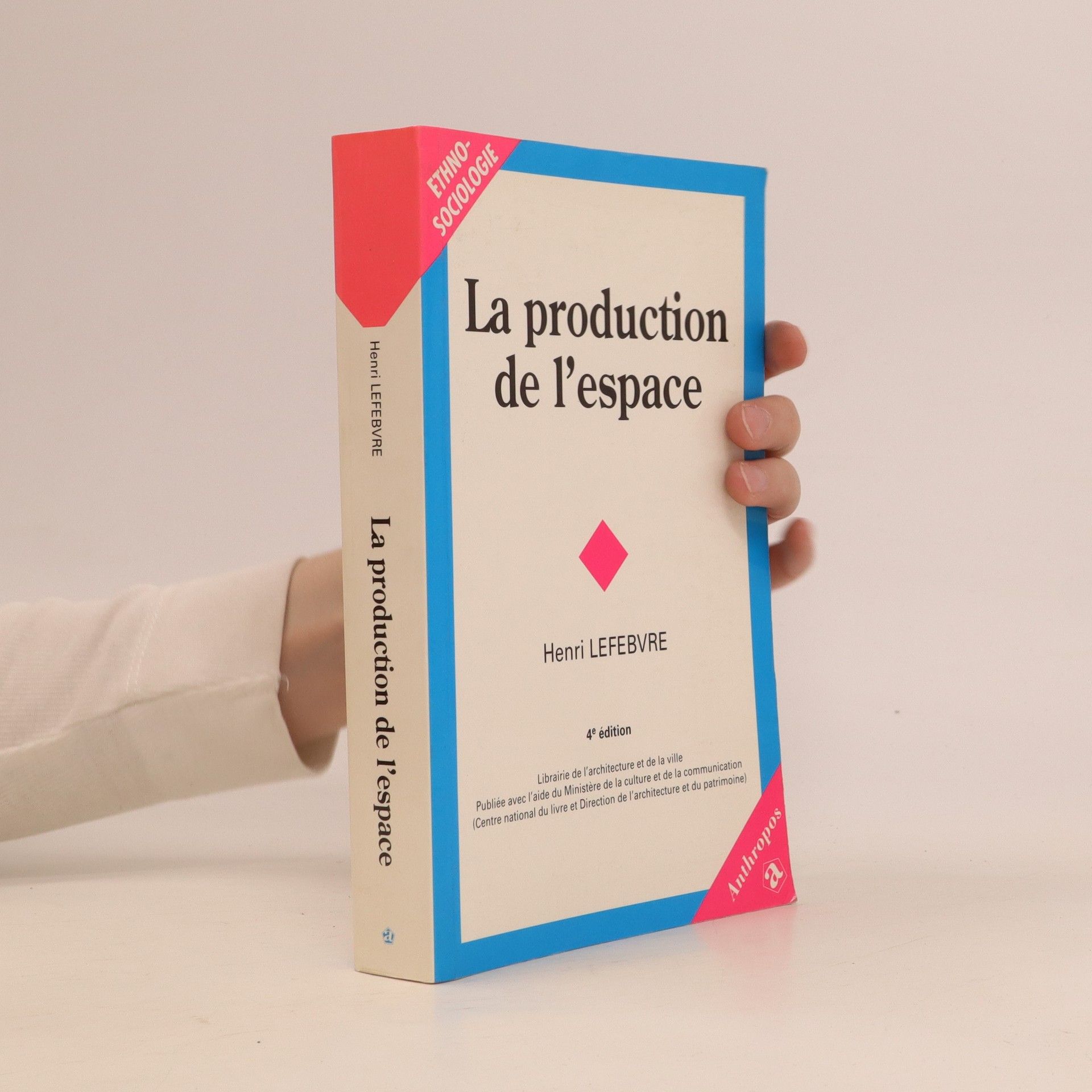Urbánní revoluce
- 208 stránek
- 8 hodin čtení
Urbání revoluce je jednou z nejdůležitějších knih Henriho Lefebvra, francouzského marxistického filosofa a urbánního sociologa, jehož myšlenky zásadně změnily nejen způsob nahlížení a zkoumání města, ale také užívání a vnímání města samotnými obyvateli. Kniha je prvním překladem díla Henriho Lefebvra do češtiny! Henri Lefebvre je nejen autorem termínu právo na město, ale také praotec urbánní revoluce, a to nikoliv pouze té myšlenkové, která se skrývá na stránkách knihy a v hlavách akademiků, ale také té skutečné, která patří do ulic, hýbe našimi městy, a neustále volá po hledání nových způsobů jejich budování a fungování. Knihu přeložila Olga Walló. Předmluvu k českému vydání napsala sociální geografka Michaela Pixová.


